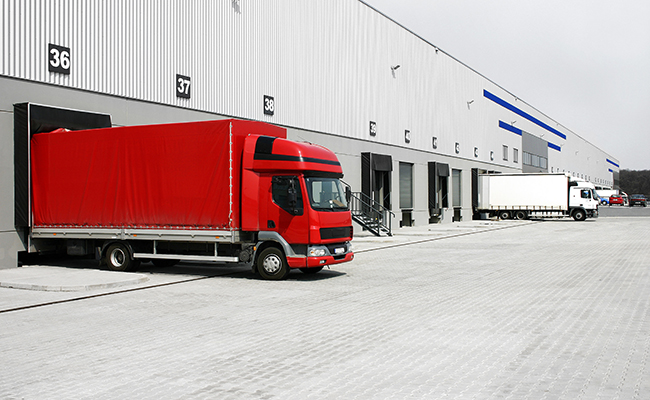
‘GST to reduce logistics costs, facilitate consumption-led growth’
The implementation of the Goods and Services tax (GST) is expected to reduce the logistics costs and help in consolidation of warehousing facilities, says a study. The government has proposed to implement GST from April 2016. The GST Bill, which seeks to overhaul the existing multi-layer indirect tax system and put in place a uniform tax regime, has been passed in the Lok Sabha; but it is yet to be cleared in the upper house of the Parliament. According to a report on ‘GST - Transport and Logistics (T&L) Sector' released by the Confederation of Indian Industry (CII)-PricewaterhouseCoopers (PwC) on Friday, the new tax norm is expected to ensure seamless flow of input credits that will be available to a business. “Currently, a complex web of subsidies, tariffs and cascading taxation in the T&L sector has resulted in distorted pricing, created wasteful leakages and opportunities for rent-seeking. GST is expected to minimise the issue of multiplicity of taxes and tax cascading, especially in view of the seamless flow of credit,” said Tushar Jani, Chairman –CII WR Logistics Sub-committee and Chairman, SCA Group. GST will result in consolidation of warehousing. Apart from facilitating seamless flow of goods between states, he said, the new regime will also lead to dismantling of various check posts and cause substantial reduction in logistics costs. The existing tax on the supply of indigenous goods is approximately 29.37%. But the report said, with the implementation of GST, the “revenue-neutral rate will be much lower” and this will lead to a “lower tax burden for consumers”, thereby facilitating a “consumption-led growth” of the economy. According to Dharmesh Panchal - Partner, India - West Leader, Indirect Tax, PwC, “place of supply rules, treatment of goods transport services, availability of credits for ATF, treatment of e-commerce supplies and withdrawal of check posts, among others, remain key challenges to be addressed.” GST should be implemented in a way to reduce the tax costs for the T&L sector and simplify the compliance process, as this sector is critical to the economy, he added. Terming the existing indirect tax regime in India as inefficient, the report said the GST regime provides scope for “minimising tax cascading issues (with certain exceptions) reduction of procurement costs on account of reduction of non-creditable taxes, thus enabling the Indian to be more industry competitive”. “It is also anticipated that in the medium-to-long term, the Indian industry will be able to migrate to an efficient supply chain model as against the present supply chain model, which is dependent on tax considerations vis-à-vis operational considerations,” the report said, adding, “GST will contribute to the ‘Make in India’ and ‘Ease of Doing Business’ initiatives of the government.”
October 31, 2015 | 3:32pm IST.






 to success.
to success.